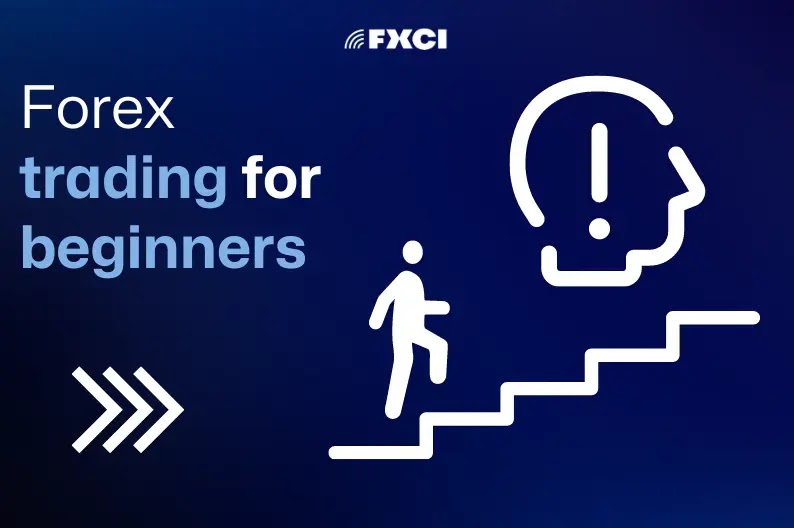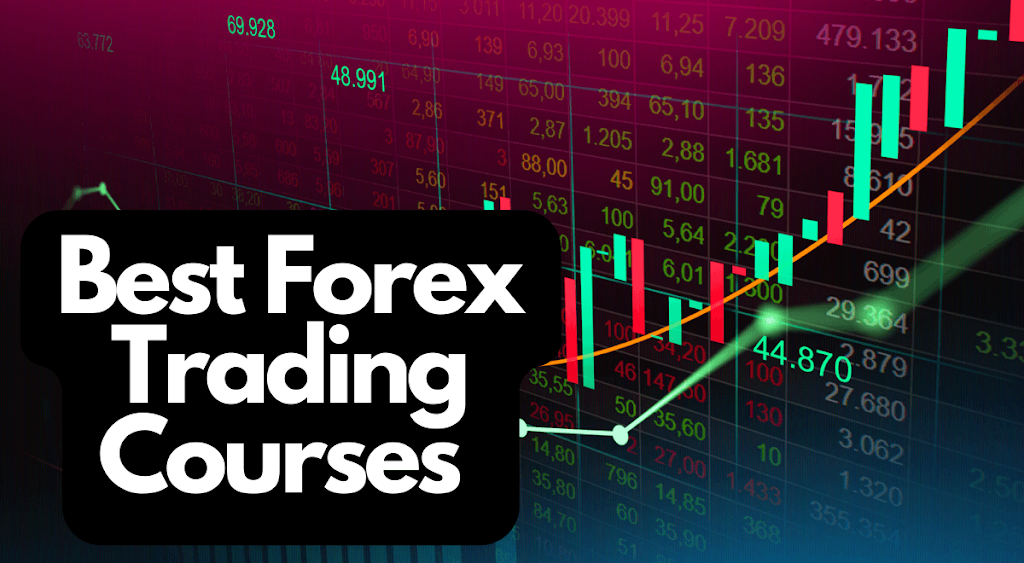Forex trading, also known as foreign exchange trading, is one of the most dynamic and liquid markets globally. With daily trading volumes surpassing $6 trillion, it’s no wonder that forex has become a popular investment choice for both novice and experienced traders alike. This article delves into the key aspects of forex trading, providing a comprehensive guide to mastering this financial arena.
Understanding Forex Trading
Forex trading involves buying and selling currencies in pairs, such as EUR/USD or GBP/JPY, with the aim of making a profit. Unlike stock markets, forex operates 24 hours a day, five days a week, allowing traders to engage in trading activities across different time zones. This round-the-clock nature provides ample opportunities for traders to capitalize on market movements.
The Role of Leverage in Forex Trading
One of the unique features of forex trading is the use of leverage, which allows traders to control large positions with a relatively small amount of capital. For instance, a leverage ratio of 100:1 means that with just $1,000, a trader can control a $100,000 position. However, while leverage can amplify profits, it also magnifies losses, making it crucial for traders to use it wisely.
Choosing the Right Forex Broker
Selecting a reliable forex broker is a critical step in ensuring a successful trading experience. Factors to consider when choosing a broker include regulation, trading platform, spreads, and customer support. Reputable brokers are typically regulated by recognized authorities such as the Financial Conduct Authority (FCA) in the UK or the Commodity Futures Trading Commission (CFTC) in the USA. Additionally, a user-friendly trading platform with advanced charting tools and fast execution speeds is essential for effective trading.
Key Forex Trading Strategies
Successful forex trading requires a well-thought-out strategy. Some of the most popular strategies include:
- Scalping: This involves making multiple trades throughout the day to profit from small price movements. Scalpers typically hold positions for just a few minutes or seconds, aiming for small gains that accumulate over time.
- Day Trading: Day traders open and close positions within the same trading day, avoiding overnight exposure to market risk. This strategy is ideal for traders who prefer not to hold positions for extended periods.
- Swing Trading: Swing traders aim to capture larger price movements over several days or weeks. This strategy requires patience and a good understanding of market trends.
- Position Trading: Position traders hold positions for weeks, months, or even years, based on long-term trends. This strategy is suitable for traders with a strong understanding of fundamental analysis.
Risk Management in Forex Trading
Risk management is crucial in forex trading. Without a solid risk management plan, traders are vulnerable to significant losses. Key risk management techniques include:
- Setting Stop-Loss Orders: A stop-loss order automatically closes a trade when the price reaches a predetermined level, limiting potential losses.
- Diversifying Currency Pairs: Trading a variety of currency pairs can reduce risk exposure.
- Using Proper Position Sizing: Ensuring that each trade represents only a small percentage of the total trading capital can prevent devastating losses.
The Importance of Education and Continuous Learning
The forex market is complex and constantly evolving, making education a vital component of trading success. Aspiring traders should invest time in learning the basics of forex trading, technical and fundamental analysis, and how to use trading platforms effectively. Many brokers offer educational resources, including webinars, video tutorials, and e-books, to help traders build their knowledge.
The Impact of Global Events on Forex Markets
Global events such as political elections, economic reports, and natural disasters can have a significant impact on forex markets. For instance, a country’s central bank decision to change interest rates can cause substantial currency fluctuations. Therefore, staying informed about global news and economic indicators is crucial for successful trading.
Advanced Forex Trading Tools
Modern technology has provided traders with a range of advanced tools to enhance their trading experience. These tools include automated trading systems, forex robots, and advanced charting software. Automated trading systems allow traders to execute trades based on pre-set criteria, reducing the need for constant monitoring of the markets. Forex robots, on the other hand, are software programs that automatically place trades on behalf of the trader.
The Role of Psychology in Forex Trading
Trading psychology plays a significant role in a trader’s success. Emotions such as fear and greed can lead to irrational decisions, resulting in losses. Therefore, developing a disciplined trading approach and maintaining emotional control is essential for long-term success. Traders should also avoid overtrading and stick to their trading plan.
Conclusion
Forex trading offers vast opportunities for financial gain, but it also comes with its challenges. By understanding the intricacies of the forex market, choosing the right broker, implementing sound trading strategies, and managing risk effectively, traders can enhance their chances of success. Continuous learning and staying informed about global events are also key to thriving in the fast-paced world of forex trading. With the right approach, forex trading can be a rewarding venture for those willing to put in the time and effort.






